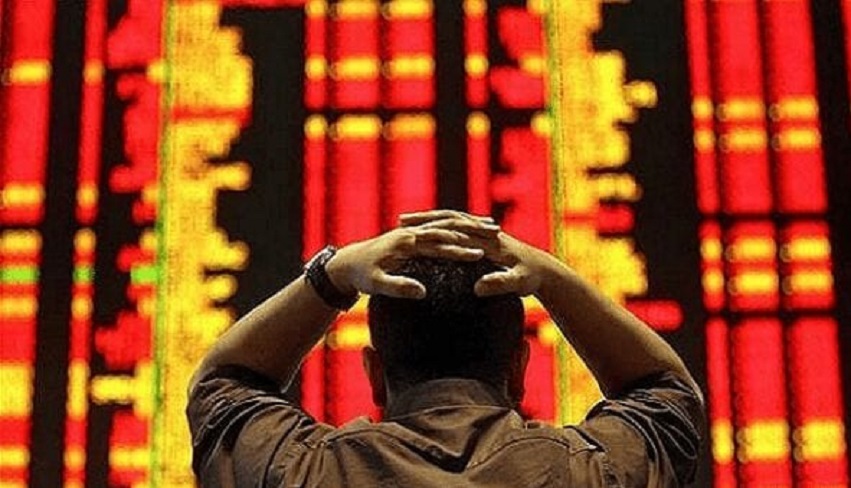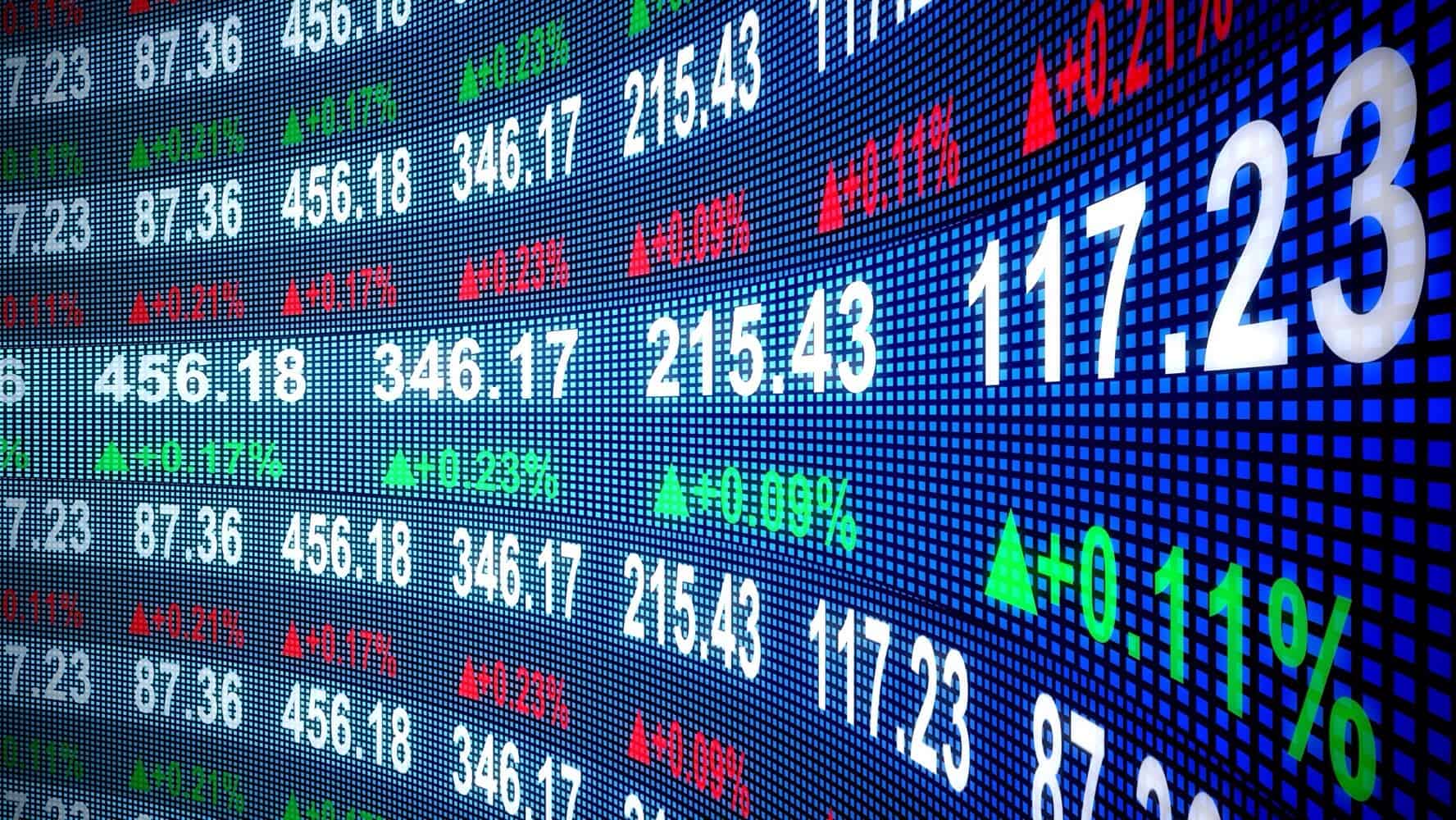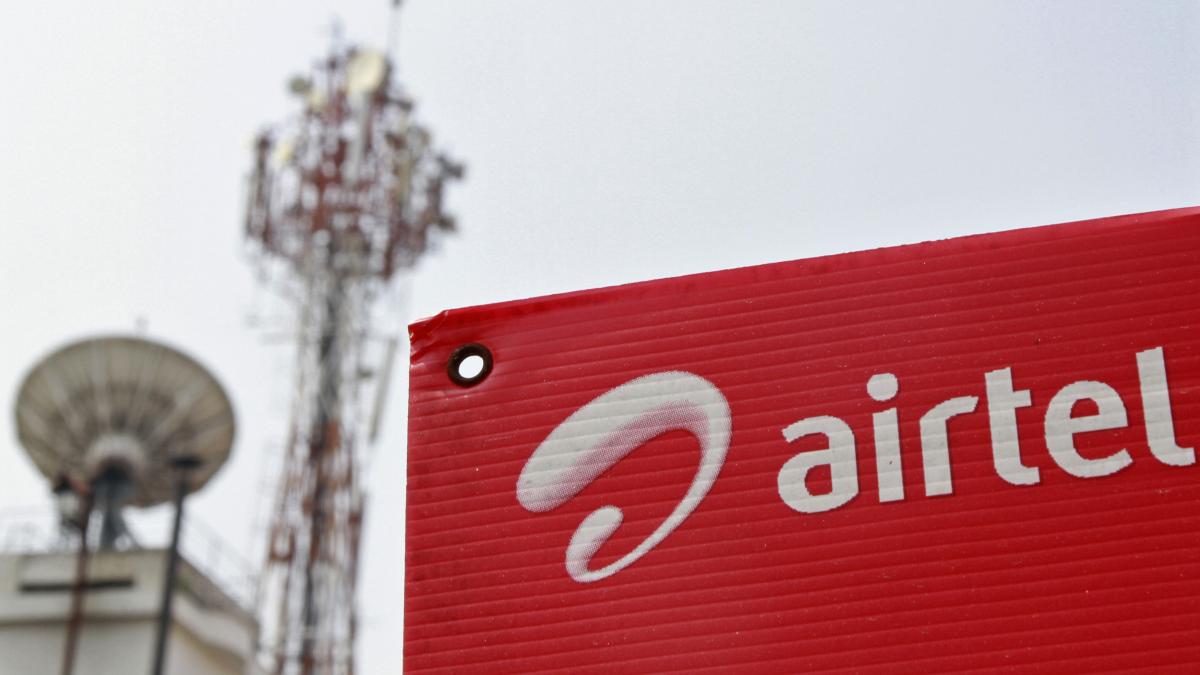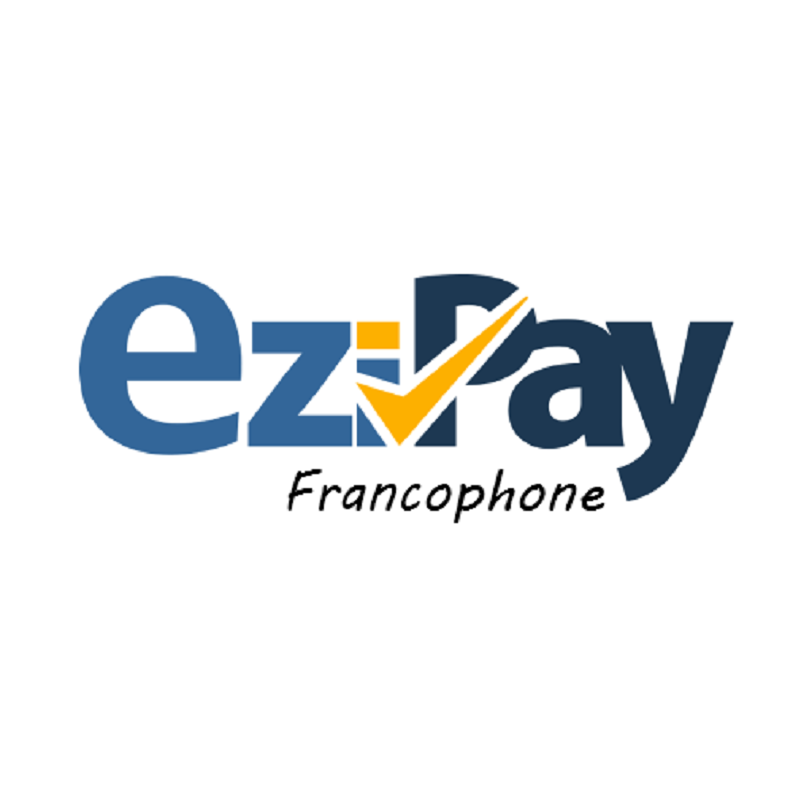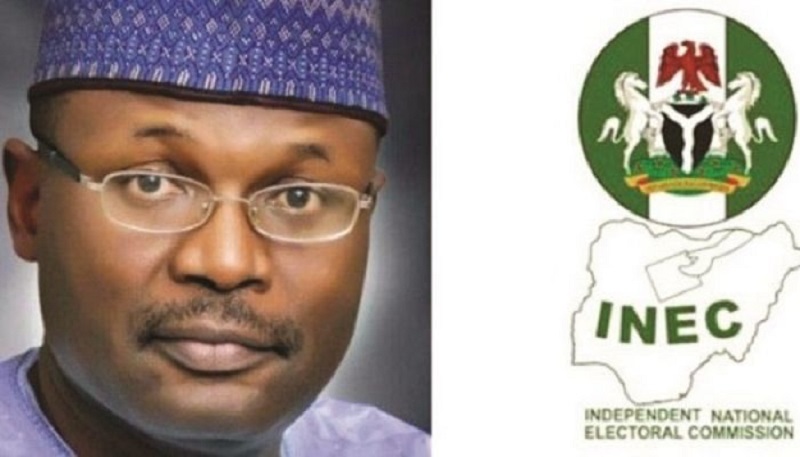By Adedapo Adesanya
The Brent crude futures settled slightly lower by 24 cents to $85.14 per barrel on Thursday after trading in a narrow range as the market weighed mixed economic signals in the world’s largest economy, the United States.
Also, the US West Texas Intermediate crude (WTI) settled at $78.49 a barrel after shedding 10 cents, as the number of Americans filing new claims for unemployment benefits unexpectedly fell last week, offering more evidence of the economy’s resilience despite the tighter monetary policy.
However, other data on Thursday showed monthly producer prices increasing by the most in seven months in January as the cost of energy products surged. Even stripping out energy and other volatile components, underlying producer inflation rose at its fastest pace since last March.
The reports, which followed data this week showing robust growth in retail sales in January and an acceleration in monthly consumer prices, created fear in the oil market that the US Federal Reserve could maintain its interest hike.
Federal Reserve Bank of Cleveland President Loretta Mester said the US central bank could become more aggressive with rate rises if inflation surprises to the upside, however, inflation in the US remains high.
Pressure also came as the US Dollar briefly climbed to a six-week peak against a basket of currencies after the US data weighed on oil. A strong US Dollar makes the greenback-denominated commodity more expensive for holders of other currencies.
The prospect of a Chinese demand recovery has contributed to bullish sentiment. In its latest outlook, the International Energy Agency (IEA) said China would account for almost half of global oil demand growth this year after relaxing its COVID-19 curbs.
The Paris-based energy watchdog echoed similar views from the Organisation of the Petroleum Exporting Countries (OPEC), which this week raised its 2023 global oil demand growth forecast on Chinese demand growth.
On the supply side, Saudi Energy Minister Prince Abdulaziz bin Salman said the current OPEC and its allies, OPEC+ deal to cut oil production targets by 2 million barrels per day, would be locked in until the end of the year, adding he remained cautious on Chinese demand.
Meanwhile, analysts noted that the plan by the administration of US President Joe Biden to release more oil from the country’s Strategic Petroleum Reserve would most likely limit any rallies that develop in the coming weeks.



